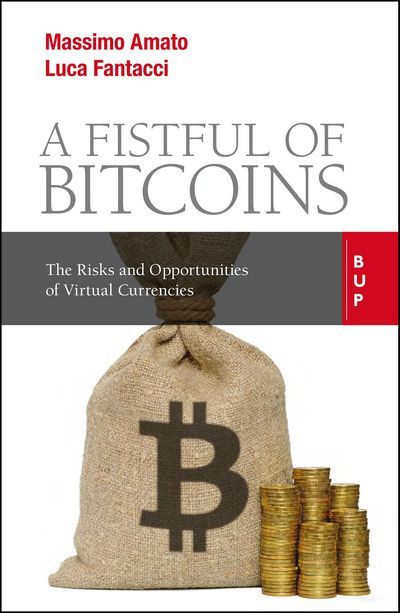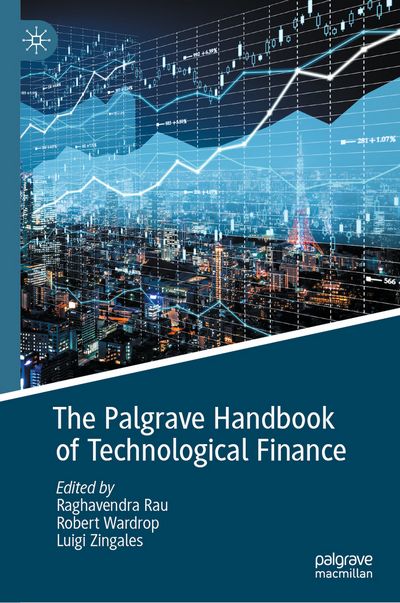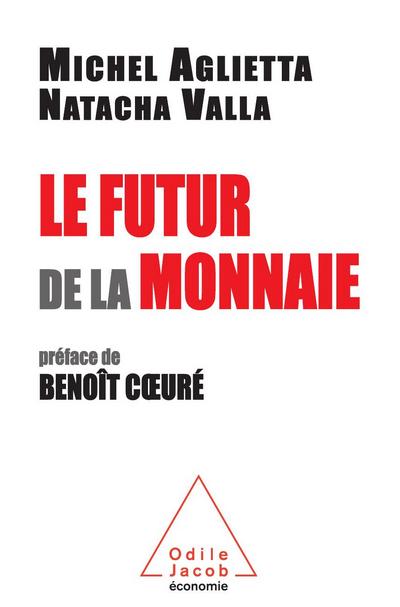[Do check out our extensive bibliographies for more readings.]
There's no dancing around the fact that cryptocurrencies are currencies first - and blockchains second. But is Bitcoin money? This debate has been raging for more than a decade; now, at least, we have some conceptual grasp of what to expect from its "money-ness." But, then, just what is this "money-ness"?
A new two-part paper puts this debate into a broader philosophical context (part I; part II). Some have even looked to George Simmel's notion of "perfect money" to see how well Bitcoin fits the bill (pun intended); some have presented Bitcoin as an instance of "market singularity." Others argue that we can radically change our ideas about money if we stop looking at blockchains and study the telephone network instead.
Amato and Fantacci's book - with its provocative thesis that "Bitcoin poses the right questions, but gives the wrong answer" - is a good long-form exploration of some of these philosophical issues. Some [pdf] of their recent papers are worth checking out as well - so is the work of Luigi Doria, who occasionally collaborates with them. In a similar philosophical vein, Lana Swartz's piece on the techno-economic imaginaries behind Bitcoin has also garnered quite a bit of attention over the years.

Much has been made about the influence of Hayek's work on the "denationalisation of money" on the global political and economic vision behind Bitcoin (see our interview with Stefan Eich for more). On this, see the work of the above-mentioned Fantacci and the much-discussed paper by Stefan Eich. It's also worth checking this paper by Sanz Bas and a new article by Jacon Swanson on Hayek's overall approach to denationalised money (on how this fits into the broader neoliberal project, see this article by João Rodrigues).
If you are looking for something more hands-on, the recently published Palgrave Handbook on Technological Finance has a lot going for it.

The geopolitical dimension of cryptocurrencies but also of CBDCs (not of which are actually blockchain-based) and stablecoins is not to be underestimated (see this recent CIGI report for the policy implications; another accessible overview for policy-makers is here).
There's plenty of work on what this means for dollar hegemony; how to add some historical context to the rise of CBDCs; whether Marxist theories of money has much to tell us about CBDCs; what they mean for state power; and how to interpret it within the rich intellectual tradition of the French Regulation School.
Speaking of the latter, Michel Aglietta and Natacha Valla's 2021 book on the future of money, still unavailable in English, offers a realistic (if someone skeptical) look on what to expect from both Bitcoin and CBDCs.

There's very little solid work on cryptocurrencies and financialisation but we can recommend at least three papers: one looking at ICOs, one at tokenisation, and one at tokens and the financialisation of real estate.
There's, of course, vast literature on the politics of FinTech, some of which involves and overlaps with the cryptoland. A decent overview of the structural changes brought on by FinTech is available here. How this might be inspired by the logic of "platformisation" that emanates from Silicon Valley has been well-documented as well; not surprisingly, we are seeing the same process of "reintermediation" and "consolidation" reappearing. We can highly recommend the work of Nick Bernards, who studies a lot of these trends in the context of the Global South; Daniela Gabor's work on FinTech and "digital financialisatoin" is also worth reading. Geographers as Dariusz Wójcik have also done some stellar work on FinTech.
